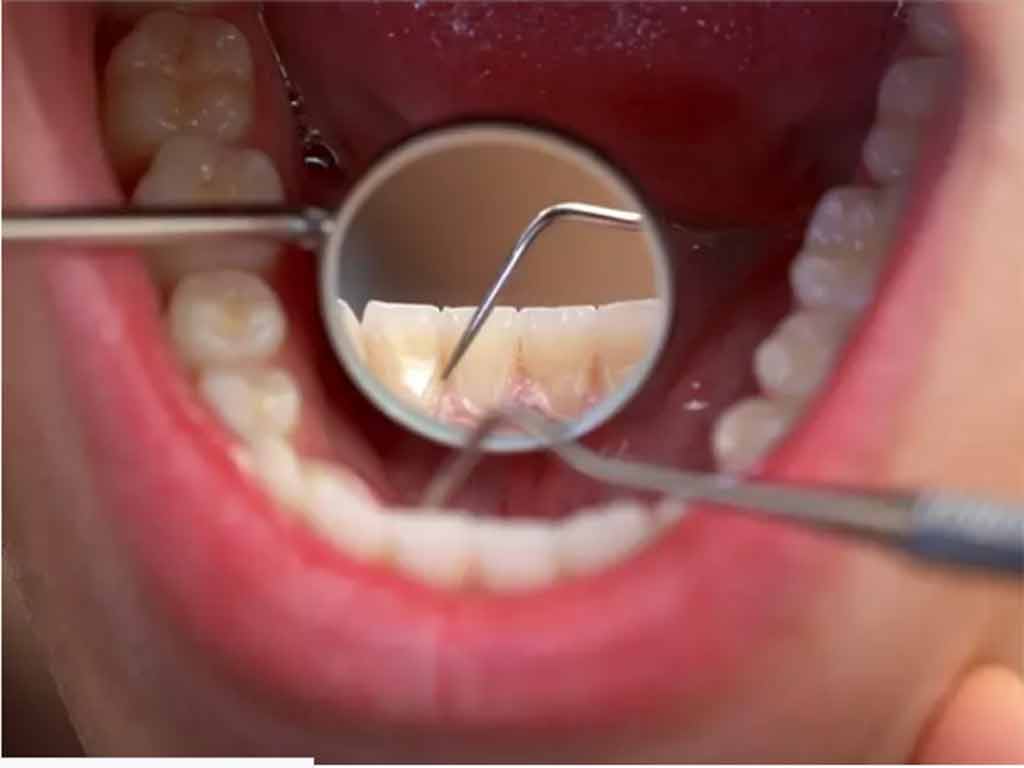A new Global Oral Health Status Report published today by the World Health Organization (WHO) provides the first-ever comprehensive picture of oral disease burden with data profiles for 194 countries, giving unique insights into key areas and markers of oral health that are relevant for decision-makers.
Global cases of oral diseases have increased by 1 billion over the last 30 years—a clear indication that many people do not have access to prevention and treatment of oral diseases.
“Oral health has long been neglected in global health, but many oral diseases can be prevented and treated with the cost-effective measures outlined in this report,” said WHO Director-General, Dr Tedros Adhanom Ghebreyesus.
“WHO is committed to providing guidance and support to countries so that all people, wherever they live and whatever their income, have the knowledge and tools needed to look after their teeth and mouths, and to access services for prevention and care when they need them.”
The most common oral diseases are dental caries (tooth decay), severe gum disease, tooth loss and oral cancers. Untreated dental caries is the single most common condition globally, affecting an estimated 2.5 billion people. Severe gum disease ̶ a major cause of total tooth loss ̶ is estimated to affect 1 billion people worldwide. About 380 000 new cases of oral cancers are diagnosed every year.
The report underscores the glaring inequalities in access to oral health services, with a huge burden of oral diseases and conditions affecting the most vulnerable and disadvantaged populations.
People on low incomes, people living with disabilities, older people living alone or in care homes, those living in remote and rural communities and people from minority groups carry a higher burden of oral diseases.
Risk factors common to noncommunicable diseases such as high sugar intake, all forms of tobacco use, and harmful use of alcohol all contribute to the global oral health crisis.
pll/mem/lpn










